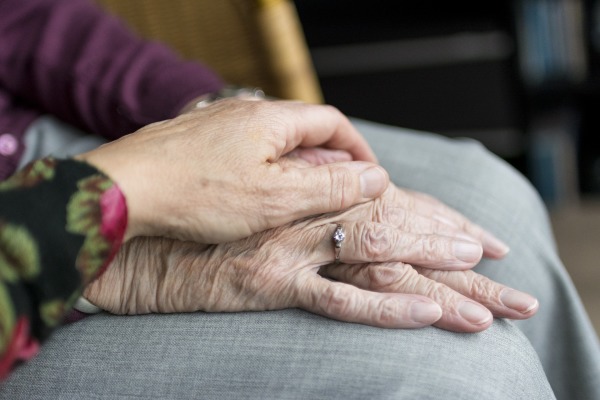Conservatorships For The Elderly

“To care for those who once cared for us is one of the highest honors.”
Tia Walker,
The Inspired Caregiver:
Finding Joy While Caring for Those You Love
What Are The Two Kinds Of Conservatorships?
There are two categories of care in a probate conservatorship. You may decide to ask the court for authority to care for the person or the estate of your loved one, or both.
A conservator of the person provides care that relates to the physical and environmental issues, such as helping to ensure a proper diet, clothing, housing, health care and similar issues. The conservator may also need to step in to make medical choices on behalf of the conservatee.
A conservator of the estate performs financial functions on behalf of a conservatee whom the judge determines cannot manage finances personally. These duties include paying the bills, addressing any issues related to the conservatee’s income, as well as managing any investments and assets for the conservatee.
You do not have to do all this alone – you may seek the help of advisers on all these tasks.
What Is A “Conservatorship”?
“Conservatorships” are legal rights given to you by the court allowing you to make social, medical and financial choices on behalf of the “conservatee,” who is usually a disabled adult. You are the “conservator.”
Probate conservatorships are for people who can no longer care for themselves because of diminished physical or mental abilities caused by aging, sickness or accident.
Why Seek A Conservatorship?
Probate conservatees are often seniors who cannot care for themselves or their finances and who are at risk of elder abuse (physical, emotional or financial abuse). While often suffering varying levels of dementia, probate conservatees are not usually clinically diagnosed as mentally ill.
What About A Conservatorship For The Mentally Ill?
“LPS conservatees” (named after the enacting legislative, the Lanterman-Petris-Short Act) are severely mentally ill and/or gravely disabled.
LPS conservatees are usually defined as being unable to provide basic human needs such as food and shelter for themselves. They typically have been formally diagnosed as suffering a medically recognized mental health condition.
What About A Guardianship?
Conservatorships are often confused with guardianships. In California, a so-called guardianship is a court proceeding where a responsible person (the “guardian”) is appointed to protect the person or estate of a minor. (In other states, it’s the opposite.)
What About Elder Abuse?
It’s a growing problem. Probate conservatees are typically elderly persons. They may be physically frail and have some degree of dementia. As a result of physical disabilities and/or cognitive impairment, they may become victims of elder financial abuse or physical or emotional intimidation. The assumption that the only person in need of protection from abuse is an elderly person without a family is incorrect. Ninety percent of those who abuse the elderly are members of the victim’s family.
If you know or suspect abuse, an elder abuse restraining order provides a measure of protection for your elderly loved one. But only a conservatorship of the person and their estate will give you full legal authority to manage their care and finances.
Contact The Elder Law Attorneys At Rita Holder Law
If you have questions about conservatorships for the elderly, contact Rita Holder Law by calling 925-401-7885 or filling out our online contact form.
